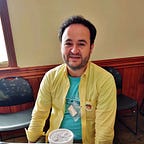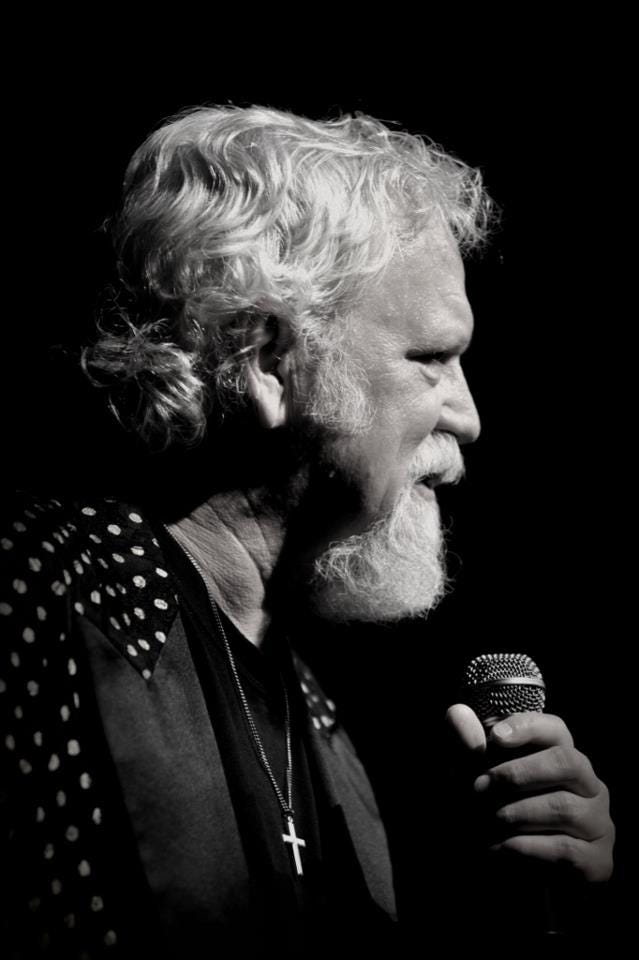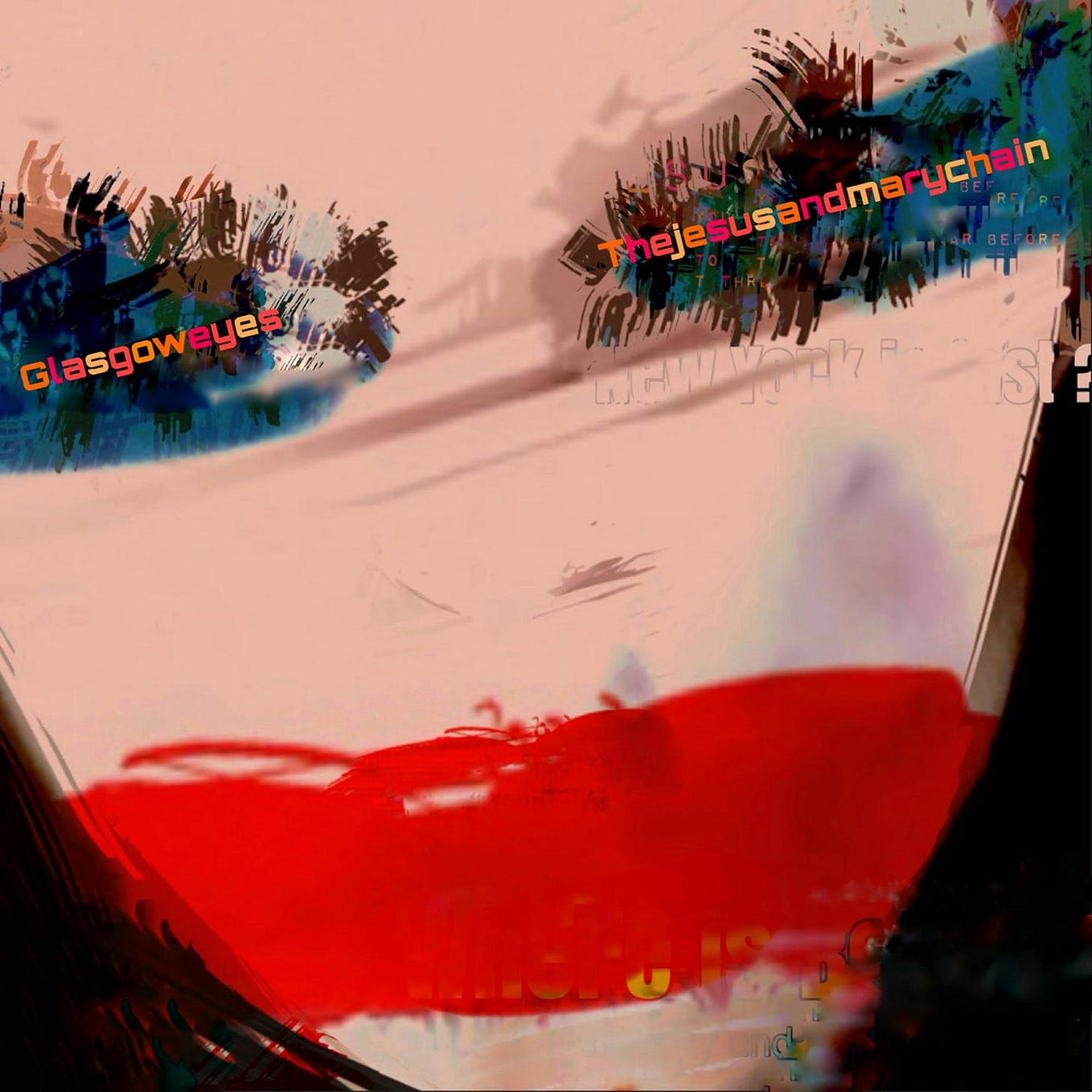The final interview of Duck Dunn, bassist for sixties soul sensation Booker T. & the M.G.’s
On May 4, 2012, nine days before the untimely death of Donald “Duck” Dunn, the bassist extraordinaire for Stax Records studio house band Booker T. & the M.G.’s granted his final interview with longtime confidant George Klein.
The legendary deejay, Memphis Mafia member, and best-selling Elvis: My Best Man author was the host of SiriusXM Elvis Radio’s The George Klein Show until January 5, 2018, when declining health precipitated his farewell. Conducted every Friday afternoon from the beautiful grounds of Graceland, the program celebrated Presley’s music, along with special interviews with musicians and friends of the late King of Rock and Roll [Klein succumbed to dementia and broken hip complications at age 83 on February 5, 2019. Eighties country pop vocalist T.G. Sheppard, given his first tour bus by Presley, assumed Klein’s Friday time slot].
Klein called this writer from the Horseshoe Casino in Tunica, Mississippi — where he then served as an executive host — to discuss how he was coping with his friend’s death in a brief interview.
“I almost cried when I heard the news on television”, confirmed the close Presley confidant. “He and I were real close. Both born and raised in Memphis, we used to hang out all the time in the ’60s and early ’70s. Duck was a great, great guy. So is Steve Cropper. Duck was real outgoing, friendly, and always funny.
“When I interviewed him live on the air, he sounded great, just like ‘ol Duck. We kidded around and talked about his upcoming shows in Tokyo. I can’t believe he’s gone.”
Dunn’s accomplishments include playing on thousands of sessions for Stax Studios — e.g. Sam and Dave, Otis Redding, Isaac Hayes — having a memorable role in The Blues Brothers classic film, touring with Eric Clapton and Neil Young, and recording with Presley.
Before Dunn found worldwide success with the M.G.’s, he was a member of the Mar-Keys, another instrumental outfit brimming with Memphis soul. Believe it or not, the “Geeker in Your Speaker” actually had an opportunity to manage the Mar-Keys.
“There was a singer in Memphis named Ronnie Stoots”, recalled the deejay. “He was sort of a white Johnny Mathis who could sing up-tempo. Somebody told me, ‘You’ve got to come out to Neil’s Hideaway, a real old honky tonk, in Millington.’ I went out there and listened to this guy sing, and I thought, ‘Oh my god, this guy can really sing.’
“I became Ronnie’s manager and changed his name to Ronnie Angel. We got a song for him called ‘Angel Tears’, which he cut for Billy Lee Riley and Roland Janes on a little label called Rita Records. Unfortunately, Ronnie never had a hit…
“Anyway, Ronnie came up to me one day and remarked, ‘My band, the Royal Spades, wants to know if you’ll manage them, too.’ I said, ‘Ronnie, I can’t handle seven headaches, I can only handle one headache’ [laughs]. He replied, ‘But GK…’ I told him, ‘Once I get you going, I’ll see what I can do with the Royal Spades.’
“This shows you how smart I was — the band changed their name to the Mar-Keys, who struck it big on Satellite Records [renamed Stax] with their debut single ‘Last Night’ [No. 3 POP, No. 2 R&B, 1961]. All of the M.G.’s were members of the Mar-Keys at some point, too.”
When asked about his favorite song by the M.G.’s, the deejay said, “They had so many hits — it’s extremely difficult to pick one. But ‘Green Onions’, ‘Hip Hug-Her’, ‘Soul Limbo’, ‘Hang ’Em High’, and ‘Time Is Tight’ are some of my favorites.”
Dunn’s heart suddenly gave out in Japan on May 13. In the land of the rising sun to perform 10 shows at the Blue Note Tokyo over the course of five days — rescheduled due to the earthquake and tsunami the year before — with “Knock on Wood” singer Eddie Floyd, Cropper, drummer Steve Potts, and Isaac Hayes’ musical arranger-pianist Lester Snell, the Rock and Roll Hall of Famer died at age 70 doing what he loved most.
Perhaps the most special tribute came from Bill Wyman, the founding bassist of the Rolling Stones. “Duck was the bass player I idolized and learned from at the beginning of my career…his positive and happy disposition is the way I will always remember him,” Wyman revealed.
To honor one of the most influential bassists of all time, what follows are edited highlights from Dunn’s last interview with Klein. Without a doubt, the musician was a down to earth, laidback guy who just happened to make history.
George Klein Interviews Duck Dunn
Did you have a job before you became well-known?
Yes — my brother Bobby used to distribute records at King Records. I had a job there, too, packing records up and shipping them off. But I always wanted to play sessions at Stax, so I figured out a way to do it.
I would put a sign on my office door at King that said, ‘Be back in 15 minutes.’ Well, nobody knew what 15 minutes meant. I might be gone for hours on end [laughs]. In those days I was playing Stax sessions for $15.
“Green Onions” is one of my favorite cuts by the M.G.’s.
I actually wasn’t on the session for “Green Onions,” our first single. It was supposed to be a Billy Lee Riley session. Stax owner Jim Stewart thought the B-side, “Behave Yourself,” a slow blues, would be the hit. Guess what? It wasn’t [laughs].
Do you still own your original ’59 Fender Precision bass guitar?
I sure do. I don’t carry it on the road — I use a remake. I don’t know if this is true or not, but John Fogerty once told me it was worth about $50,000. The M.G’s once toured with Creedence Clearwater Revival [1970]. I told June, “Don’t bury me with that. Don’t get sentimental. Buy yourself a car [laughs].
What do you remember about recording with Elvis at Stax in July 1973?
Well, Elvis wore a halo. Otis Redding did, too. You knew you were playing with a star when you played with them. When I was a kid, I used to look in the mirror and pretend I was Elvis [laughs].
When Elvis sang, it almost sounded like he was whispering. But after you heard the record, his voice was the strongest thing you ever heard. He was incredible.
I remember a conversation we had in the studio. We went in the control room, and I was smoking a pipe. He said, “Hey Duck, I used to be a pipe smoker. I’ve got a pipe collection. If you ever come out to my house, I’ll give them to you.” I wish I had taken him up on his offer. I’m sure his pipes were much more expensive than mine [laughs].
Today I got a letter in the mail from a lady in the Netherlands who wrote, “Did you play on “Girl of Mine?” I don’t really remember, but maybe I did. Regardless, I was happy to play on ’em. I was hoping to do a “Don’t Be Cruel” [laughs].
[Author’s Note: Klein and producer Jim Sykes play the opening verse of “Girl of Mine” to jog the musician’s memory, who did indeed perform on this dreadful tune along with the more promising ballad “Sweet Angeline,” both of which appeared on Presley’s Raised on Rock / For Ol’ Times Sake album in October 1973].
And the lady wanted to know why Elvis quit the session. I can’t remember why he quit the session.
[Author’s Note: Presley was not in the right frame of mind when he visited Stax Studios at 926 East McLemore Avenue between July 20 and 25, 1973. Dealing with a strenuous divorce, he was prone to mood swings which were exacerbated by prescription medication. Presley was forced by RCA to attend the hastily-arranged session to fulfill his recording contract quota. Many of the songs were lackluster, except the brilliant “For Ol’ Times Sake” and “I’ve Got a Thing About You Baby.” To compound matters, nearly half of Presley’s band, including James Burton and Ronnie Tutt, had prior commitments, which necessitated the arrival of Dunn and M.G.’s drummer Al Jackson on July 24. Sound problems plagued the proceedings, and when Presley’s favorite microphone was stolen, he walked out. As luck would have it, those maladies were remedied when Presley returned to Stax in December 1973, and the results were far better.]
How did you become a member of the Blues Brothers Band?
I had moved to California with Al Jackson after Stax folded [December 1975]. We were getting ready to reunite Booker T. & the MG’s, but then Al was murdered in his living room. Somehow we pushed forward and replaced him with Willie Hall, later releasing a new album that wasn’t very successful [Universal Language, 1977].
Levon Helm exited the Band shortly thereafter, and Booker, Cropper and I joined his solo tour for awhile [Helm and the RCO All-Stars made their March 19, 1977, debut on Saturday Night Live].
One night this guy calls me and says, “Duck, it’s John Belushi. I need you and Cropper to join my group. We’re gonna call it the Blues Brothers Band.” But I thought Belushi was my good friend Don Nix [a Memphis songwriter, producer, arranger, and musician who supplied saxophone for the Mar-Keys and provided backing vocals on George Harrison’s star-studded 1971 Concert for Bangladesh rock benefit] so I hung up. It was about 2 o’clock in the morning.
Anyway, Belushi called back and said, “I’m not joking. I’m really John Belushi.” So I went out and auditioned for them. To tell you the truth, I was scared to death. I had never been so afraid in my life, because I was playing with all those good musicians from SNL. Although I was really intimidated, guess what? I pulled it off [laughs].
[Author’s Note: Sykes asks the bassist to recite his infamous line from The Blues Brothers. With a chuckle, Dunn thought a second and said, “You can turn goat piss into gasoline.” The actual quote was “We had a band powerful enough to turn goat piss into gasoline,” but Dunn was close enough].
After The Blues Brothers was released, Dan Aykroyd told me, “Duck, you’ve been in a classic.” Cropper and I portrayed disc jockeys in the sequel [Blues Brothers 2000]. I think we both miscued that one [laughs].
I used to go out and tour with the Blues Brothers Band. But when Neil Young came calling in 2000, I joined his band for a few years [Dunn can be heard on Young’s Are You Passionate? album]. Of course, I made a lot more money [laughs]. There might be a reunion of the Blues Brothers in October in Europe [Author’s Note: Dunn wistfully didn’t live to see this wonderful idea come to fruition].
Are Booker T. & the M.G.’s going to tour again?
Booker T. has released three records on his own [Potato Hole, The Road from Memphis, and Sound the Alarm between 2009 and 2013]. I don’t know what he really wants to do. Nevertheless, we remain the closest of friends.
I’m living in Florida now. My house is paid for [laughs]. Listeners probably don’t know that you and I had the same lawyer and accountant — Earl Dailey. I got audited one time. It was about $15, so I had a good accountant [laughs].
In 2011 June went through a bone marrow transplant. Earlier this year [January 20] we celebrated our 50th wedding anniversary.
[Author’s Note: As the interview drew to a close, Klein named some of the M.G.’s greatest hits. Dunn chimed in with some other recordings that he was apparently quite proud to have played on — Wilson Pickett’s “In the Midnight Hour” (No. 21 POP, No. 1 R&B, 1965), Otis Redding’s “(Sittin’ On) the Dock of the Bay” (No. 1 POP, No. 1 R&B, 1968), and Bill Withers’ “Ain’t No Sunshine” (No. 3 POP, No. 6 R&B, 1971). With those words, the acclaimed bassist thanked his compadre as the strains of Presley’s 1964 cover of Chuck Berry’s “Memphis, Tennessee” bid him a fond adieu. Soul Fingers: The Music & Life of Legendary Bassist Donald “Duck” Dunn was published in 2017 by Nick Rosaci and is fully authorized by surviving son Jeff Dunn. The 208-page 9x12" tome contains a foreword by Blues Brother Dan Aykroyd plus “rare photos, stories, over an hour of audio demonstrations and play-alongs, gear info, and authentic, note-for-note transcriptions of nearly 60 iconic bass lines.” The paperback can be purchased on Amazon, or check out Duck Dunn Remembered on Facebook to stay connected].
© Jeremy Roberts, 2012, 2018. All rights reserved. To touch base, email jeremylr@windstream.net and mention which story led you my way. I appreciate it sincerely.










